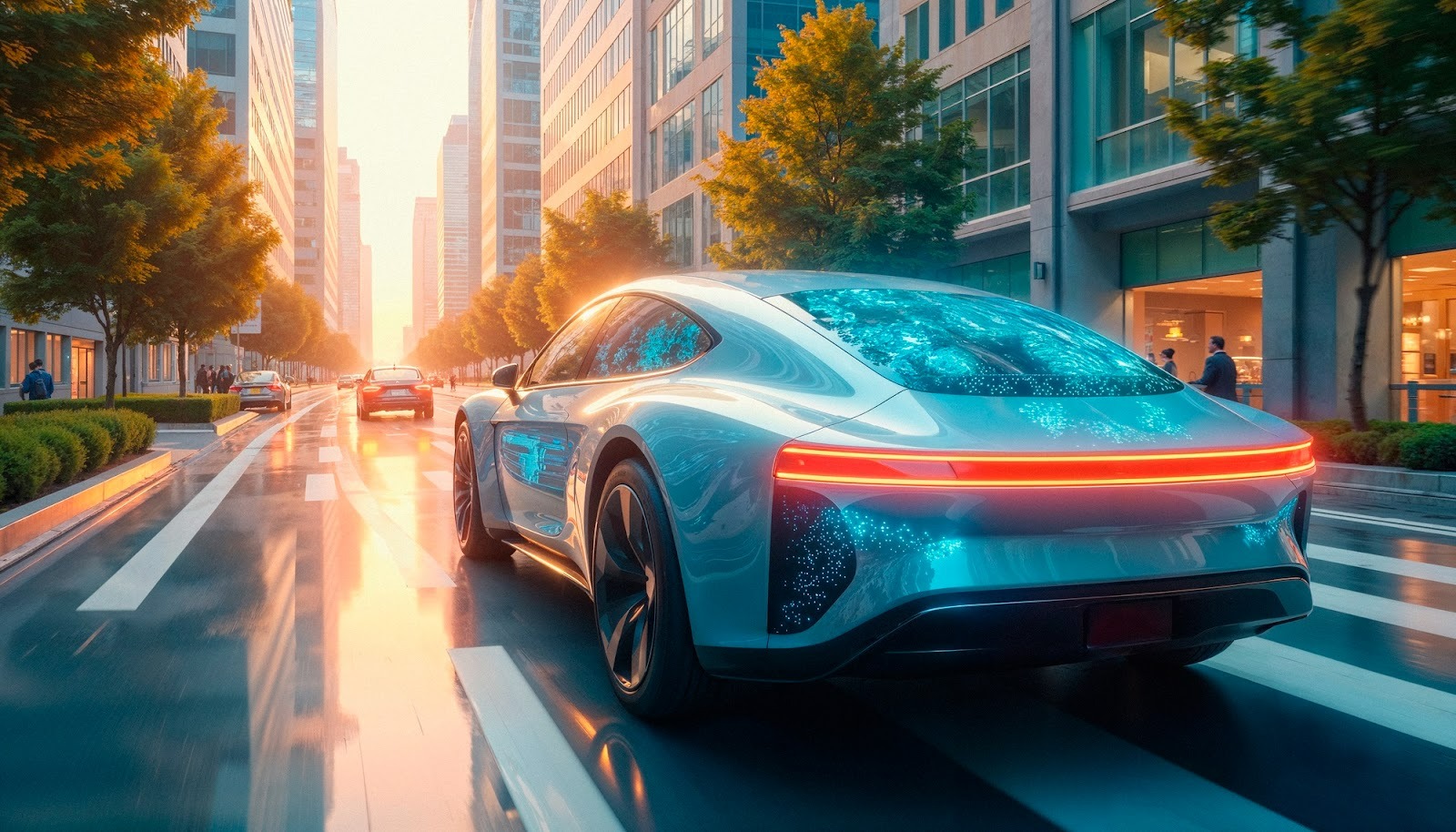Electric vehicles may dominate headlines, but the internal combustion engine (ICE) is far from obsolete. Across the globe, engineers are finding new ways to make ICEs cleaner, leaner, and more efficient. Hybrid systems, advanced fuel injection, and emission-control technologies are extending the relevance of this century-old powerhouse. For students and professionals aiming to work internationally especially in innovation hubs like Germany, understanding these next-gen powertrains is critical.
Why Does ICE Still Matters?
Governments are pushing aggressive emission standards, and automakers are balancing electrification with the reality of infrastructure limitations. Full electrification will take time, and until then, the ICE often paired with hybrid technologies remains central to mobility. Optimizing combustion efficiency and reducing harmful gases is key to bridging today’s automotive needs with tomorrow’s sustainability goals.
Key Advances in Next-Gen Powertrains
- Hybrid (Non-Plug-In) Systems: These combine ICEs with electric assistance to improve fuel economy and lower emissions without the need for charging infrastructure.
- Advanced Fuel Injection: High-pressure direct injection ensures cleaner combustion and better mileage.
- Variable Valve Timing (VVT): This improves engine breathing across speeds, optimizing both performance and efficiency.
- Emission Reduction Strategies: Innovations like exhaust gas recirculation (EGR) and selective catalytic reduction (SCR) cut nitrogen oxide emissions significantly.
- Lightweight Materials: Reducing engine weight helps improve thermal efficiency and lowers fuel consumption.
These innovations demand engineers who can work at the intersection of thermodynamics, electronics, and environmental science.
Skills That Power the Future
The new powertrain engineer is not just a mechanic, they’re a systems thinker. They must understand combustion science, materials engineering, and control systems, all while keeping sustainability in mind.
Students trained through auto tech programs at iACE are exposed to this multi-disciplinary approach. For example:
- Learning how hybrid systems distribute load between electric motors and ICEs.
- Analyzing combustion chamber design to minimize fuel wastage.
- Using diagnostic tools to test emission levels against international benchmarks.
Such knowledge ensures graduates can contribute both to local manufacturers and global powertrain projects.
International Opportunities: Why Does Germany Matters?
Germany remains the heart of automotive engineering. Brands like BMW, Volkswagen, and Mercedes-Benz continue to innovate in ICE and hybrid systems while expanding their EV lines. Engineers with expertise in next-gen powertrains find opportunities to work on projects that blend legacy systems with new-age solutions.
Through programs like iACE’s Specialist in Powertrain, students gain exposure to technologies aligned with international standards. This ensures they’re not only competitive in India but also attractive candidates for global employers.
Hands-On Learning at iACE
Textbooks can’t replicate the complexity of a live powertrain. At iACE, training goes beyond classrooms with practical labs where learners experiment with hybrid modules, emission-control systems, and fuel injection setups. The focus is not on rote learning but on mastering diagnostics, testing, and optimization techniques that reflect actual industry needs.
By engaging with automotive training programs built in collaboration with industry experts, learners understand how to push efficiency while meeting strict emission norms. This balance of theory and practical exposure is what sets iACE apart.
Broader Career Pathways
Next-gen powertrain expertise opens diverse career options:
- Design Engineers working on hybrid engine models.
- Testing Specialists ensuring emission compliance.
- Systems Integrators linking electronics with mechanical components.
- R&D Professionals experimenting with new fuels like hydrogen blends.
Graduates of iACE’s automotive training institute are positioned to pursue these roles in India’s fast-evolving auto sector and beyond.
Looking Ahead
The narrative of ICE is shifting from obsolescence to reinvention. As automakers strive for cleaner mobility, next-gen powertrains stand as the bridge between conventional engines and the electrified future. For professionals, this means opportunity: those who upskill in combustion optimization, hybrid integration, and emission control will be in demand worldwide.
At iACE, learners don’t just study engines; they learn how to rethink them. That’s the kind of expertise global manufacturers value engineers who can carry forward the legacy of ICE while steering it into a sustainable future.


